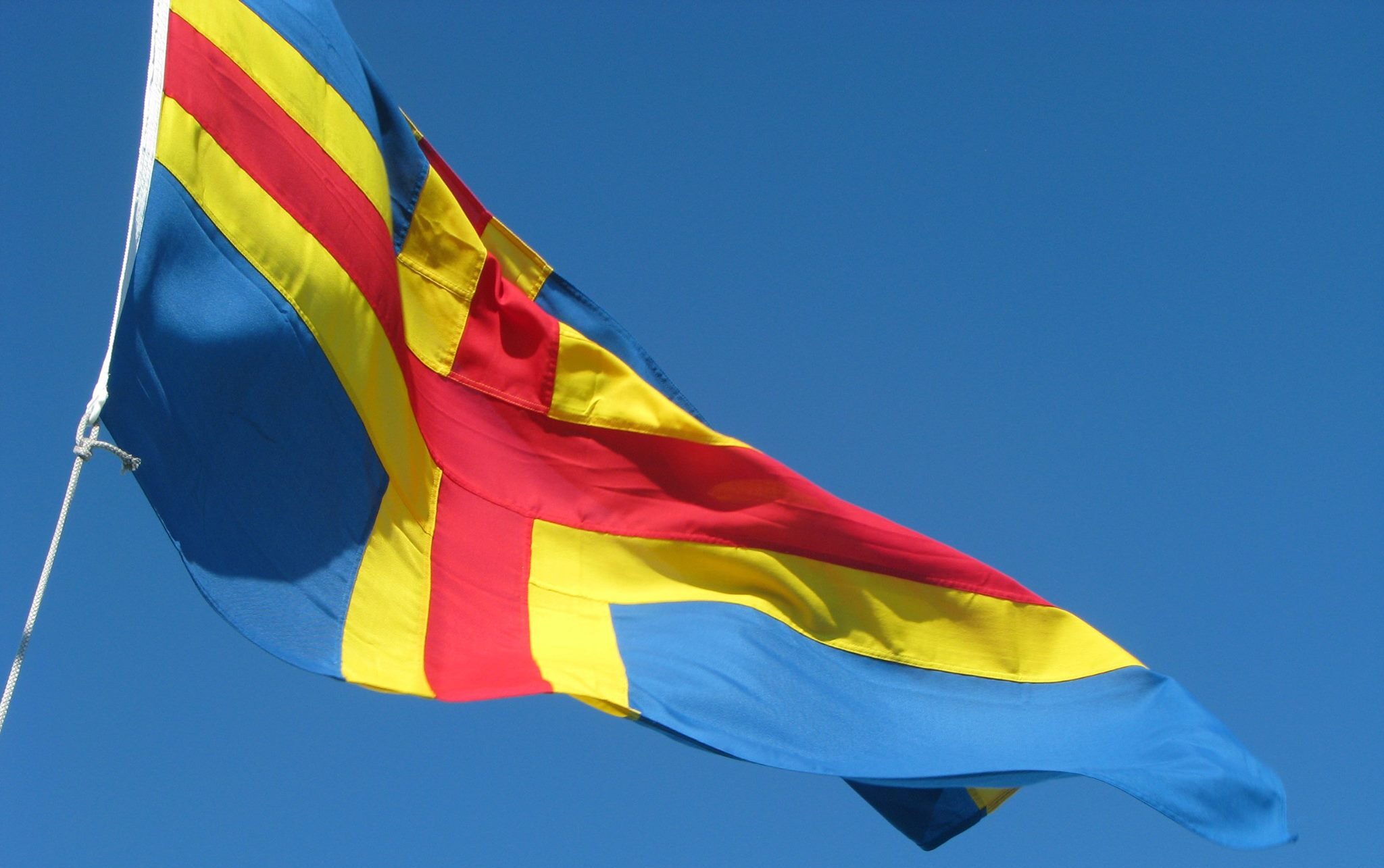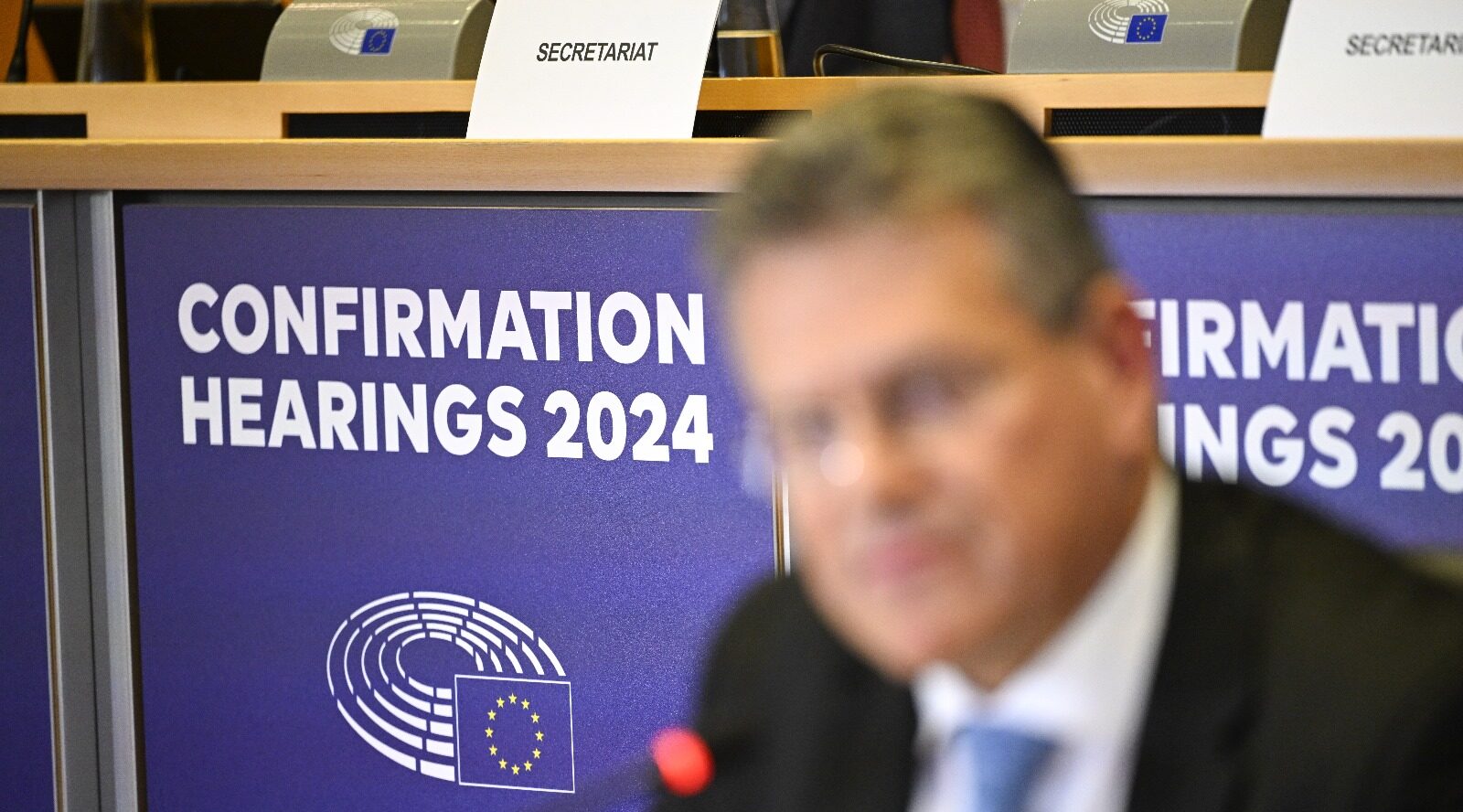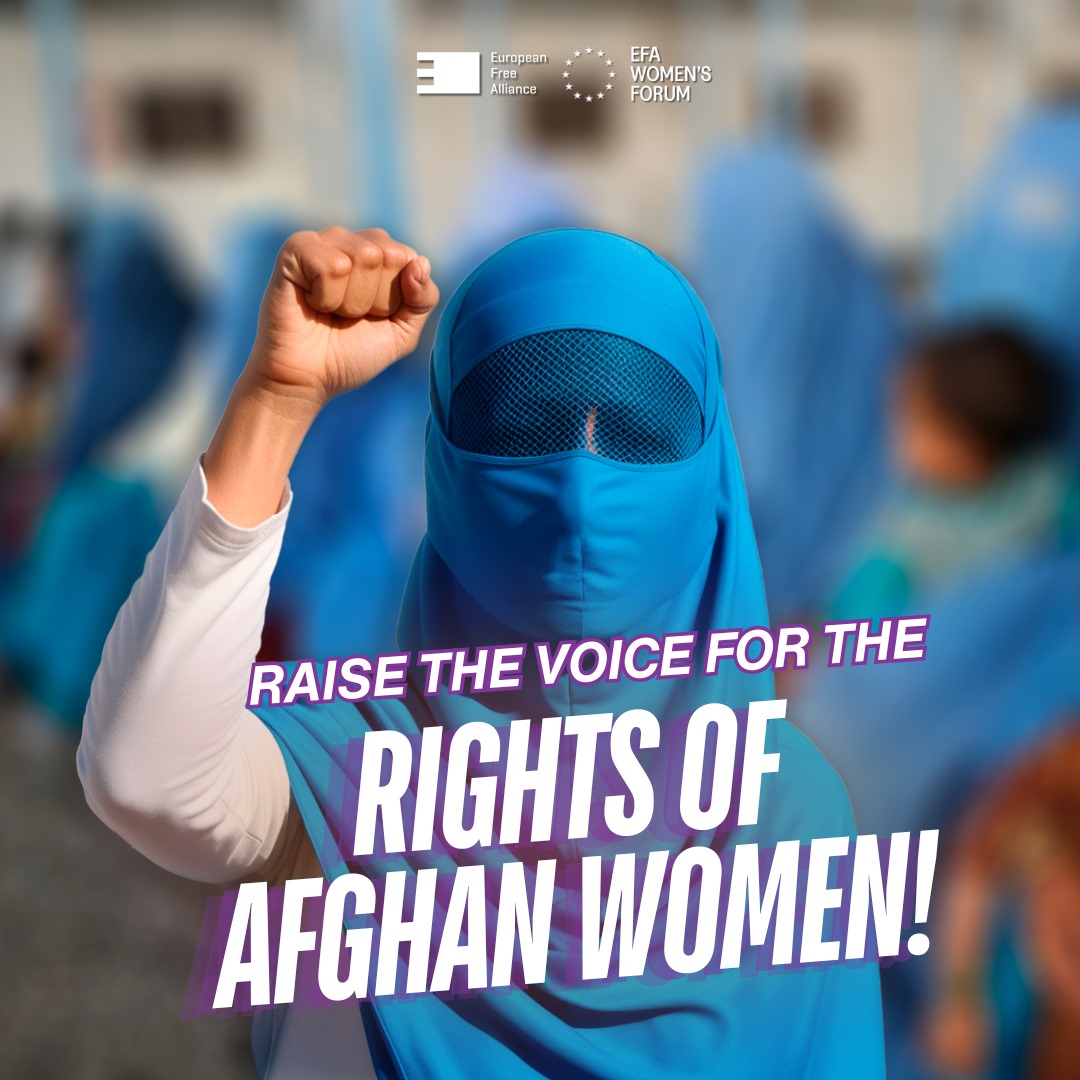Op-Ed: DEB Partisi on the Issue of Xanthi Turkish Union
In this op-ed, DEB Partisi write on how Greece has refused to officially recognise NGOs and organisations belonging to Turkish minorities, regardless of ECHR rulings.
In Greece, NGOs of Turkish minorities are struggling to get official recognition.
As the European Court of Human Rights has underlined on so many occasions, the most important aspect of the right to the freedom of association is that the people should be able to create a legal entity in order to act collectively for a mutual interest. As it stands, without having this opportunity, the right in itself could have no practical meaning on the ground.
Unfortunately, the Turkish minority’s requests for the registration of its NGOs (including Turkish names) have been repeatedly rejected and the signs of NGOs were brought down by force. To urge Greece, on 9 June 2021, the Committee of Ministers of the CoE issued an interim resolution regarding the Bekir-Ousta and others group of cases, in the view of the lack of progress in the implementation of the judgments 13 years after the ECtHR published them.
On June 29, 2021, the Greek Supreme Court with its judgment 840/2021 rejected the appeal of the Xanthi Turkish Union and Others. The Greek Supreme Court did not consider the Interim Resolution (CM/ResDH(2021)105) and previous decisions taken by the Committee of Ministers on the Bekir Ousta and others group of cases and did not decide in compliance with Article 11 of European Convention of Human Rights and the Court’s case-law and Article 46 of the Convention which underlines a contracting State’s obligation to fully and effectively comply with the Court’s judgments through the adoption of timely measures.
After the Supreme Court’s decision, the executive board members of the Xanthi Turkish Union, together with members of other Non-Governmental Organizations, protested the decision by using the right to freedom of peaceful assembly in Xanthi City Center on 10 July 2021.
Members of the non-governmental organizations and the Turkish Minority in general consider that the decisions of the Greek courts regarding Turkish Minority associations are political, not legal.











